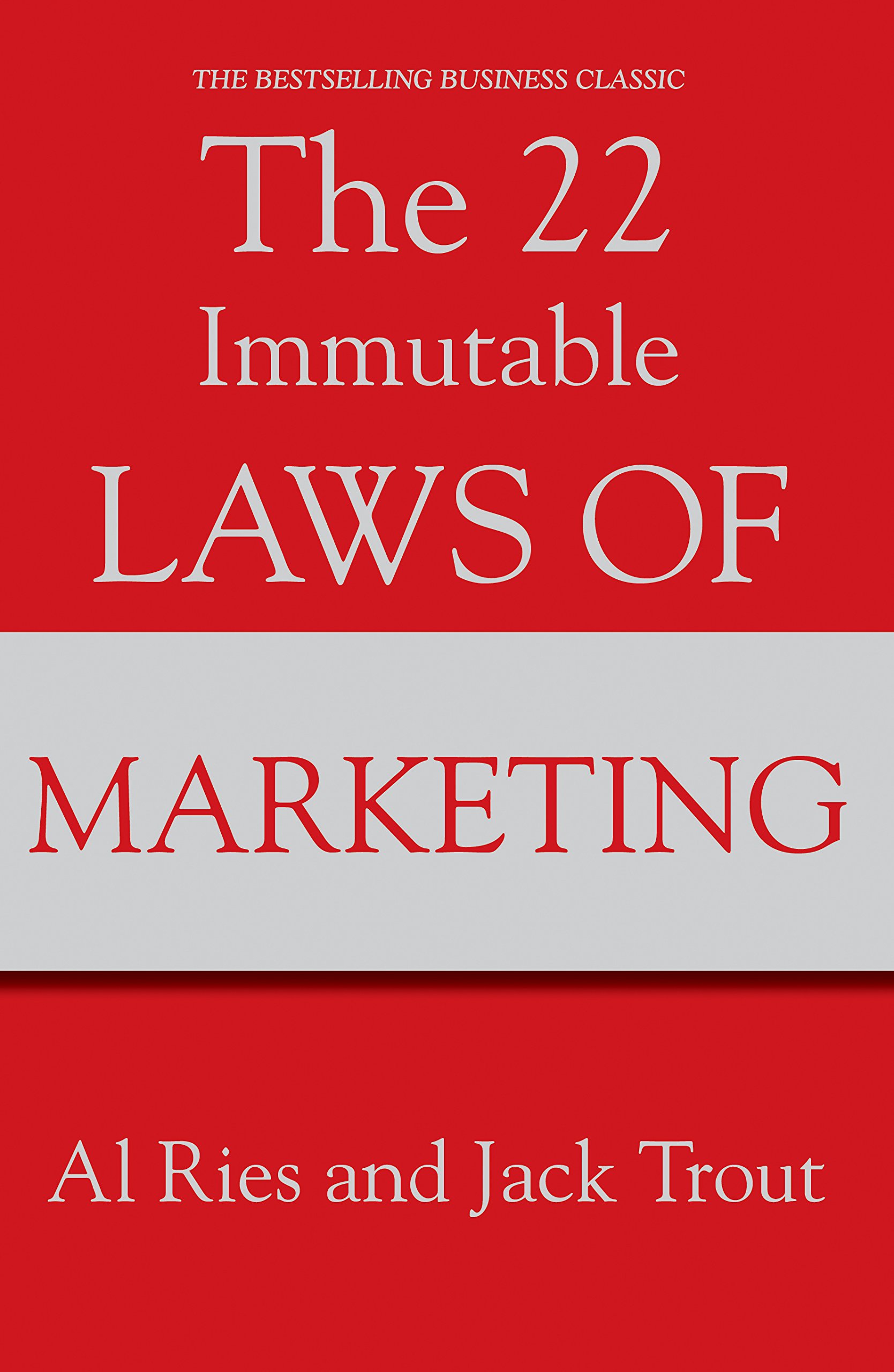Al Ries and Jack Trout, successful marketing strategists, have distilled their years of marketing experience and findings into 22 Laws that govern the world of marketing. Violate them at your own risk!
- Law of Leadership: Being first beats being better any day. Remember the second guy to climb Mt. Everest?
- Law of category: Now that it’s very hard to gain mind share in a category where competition already exists, it’s better to create a product in new category than trying to attack existing categories. You do remember the first Indian to climb Mt. Everest, first woman to climb Mt. Everest. Create a category where you are first.
- Law of Mind: Leadership in getting first to the mind of consumer, not necessarily the market
- Law of Perception: Marketing is about perceptions. Reality doesn’t exists outside our mind. Honda leads in US but only third in Japan (after Toyota and Nissan). If the quality of the car was the most important thing it should have the same position in all markets. In Japan, however, people perceive Honda as a manufacturer of motorcycles.
- Law of Focus: “The most powerful concept in marketing is owning a word in the prospect’s mind”. Owning means that if people hear or see this word they usually connect it with a company that “owns” this word. FedEx owns “overnight”. You can’t take somebody else’s word.
- Law of exclusivity: Don’t try to take over a word that is already owned by competition. Burger King tried to take over word “fast” from McDonald; failed miserably. As did FedEx “worldwide” from DHL
- Law of the ladder: Marketing strategy should depends on your position in the market. If you’re No. 2 you use different strategy than if you’re No.1 or 3. Be honest about that position in the campaign.
- Law of duality: In the long run, every market becomes a two-horse race. McDonald & Burger King. Coca-Cola & Pepsi. Nike & Reebok. Crest & Colgate. Become the top 2 or join them ASAP.
- Law of opposite: If you’re shooting for second place, your strategy is determined by the leader. Leverage the leader’s strength into a weakness. Don’t try to be better than the leader, try to be different.
- Law of division: Over time a category will divide and become two or more categories. Cars became luxury cars, sport cars, RVs, minivans etc. Don’t target multiple categories with same brand. When Honda wanted to go up-market it created a new brand, Acura.
- Law of perspective: Marketing effects take place over an extended period of time. Never sacrifice long-term planning. Sales improve profits but reduce the reference price.
- Law of extension: There’s an unhealthy practice of extending the brand equity. Instead one should create new brands to address new markets/products.
- Law of sacrifice: You have to give up something in order to get something. Usual suspects include product line, target market, constant change (stop forcibly changing yourself).
- Law of attributes: For every attribute, there is an opposite, effective attribute. You have to find an unclaimed important attribute to own. Key is OPPOSITE, not similar.
- Law of candor: When you admit a negative, the prospect will give you a positive. Candor is disarming. Every negative statement you make about yourself is taken as true. Then twist it. “With a name like Smucker’s, it has to be good.”, “The 1970 VW will stay ugly longer.”
- Law of singularity: In each situation, only one move will produce substantial results. In marketing only thing that works is a single, bold stroke. To find that singular idea marketing managers have to be down at the front in the mud of the battle not at headquarters.
- Law of predictability: Unless you write your competitors’ plans, you can’t predict the future. Spot trends. A company has to be flexible enough to attack itself with a new idea.
- Law of success: Success often leads to arrogance, and arrogance to failure. Don’t be arrogant, drop the ego, be objective. Question everything. When companies become successful, they substitute their own judgment for what the market wants.
- Law of failure: Failure is to be expected and accepted. Drop things that don’t work instead of trying to fix them. Don’t punish your people for failures they will stop taking risks.
- Law of Hype: The situation is often the opposite of the way it appears in the press. The amount of hype isn’t proportional to success. Real revolutions arrive unannounced.
- Law of acceleration: Successful programs are not built on fads but on trends. Best thing you could do would be to dampen the fad. By dampening, you stretch the fad and it becomes more like a trend. Maintain a long-term demand for your product by never totally satisfying the demand.
- Law of resources: Even the best idea won’t go very far without money. Marketing is fought in the mind of the prospect. You need money to get in the mind and you need money to stay there. Use your idea to find the money, not the marketing help. The rich get richer because they have the resources to drive their ideas into the mind.

